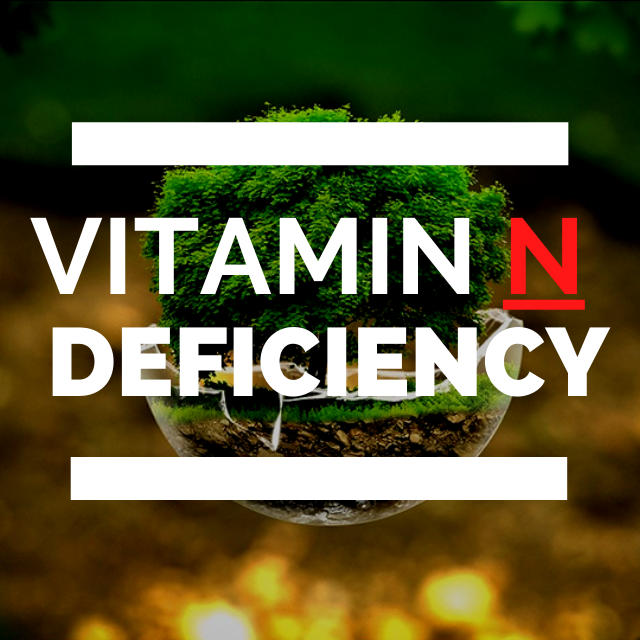One of the unfortunate consequences of living in our modern, fast-paced society is that we have lost touch with mother nature. Perhaps there is no greater deficiency to the modern American than Vitamin N (nature). We wake up in our comfortable beds, drive to our office jobs and then drive back home and settle in for the night. Heck, if we are feeling adventurous, we might even drive to the gym for a workout somewhere in there.
However, losing daily connection to nature does not come without consequences.
Recent research published in Springer's Environmental Health and Preventive Medicine journal uncovered the health benefits of exposing yourself to nature.
Below is a summary of the research:
What Journal?:
Springer's Environmental Health and Preventive Medicine.
Who/How?:
- A total of about 280 participants were split up into 24 different groups.
- Of the 24 different groups, there were about 12 people per group.
- The group of 12 was further split in half, allowing 6 participants from each group to be exposed to nature and 6 participants to be exposed to urban environments.
Additional Info:
Results:
-
Those who viewed nature had a 13.4% decrease in cortisol, while those who walked in nature had a 15.8% decrease in cortisol.
-
Subjects had a 3.3% decrease of total blood pressure upon viewing nature and a 4% decrease after walking in nature.
-
Heart rate of the subjects decreased by 6.0% after simply viewing nature (this is good because it indicates that subjects were calming their overactive nervous systems).
-
Measurements of parasympathetic nervous system activity increased by 56.1% while viewing nature (this is important because our parasympathetic nervous system is our "rest and digest" system that heals our bodies & minds).
-
Measurements of parasympathetic nervous system activity increased by 102.0% after walking in nature
- Walking in nature increased NK Cell activity (specialized immune cells that fight off viral infection and defend against cancerous cells)
- NK cell activity remained elevated for up to 30 days following walking in nature.
Regaining a connection to nature improves health by decreasing cortisol and blood pressure while activating the parasympathetic nervous system and improving immune health. Simply viewing nature can provide many of the same benefits as walking in an actual forest. If you are an office worker, find ways to view nature more often. You can have lunch outdoors, look out the window more often or have plants on your desk at work to look at while visualizing physically being in nature.
Are you deficient in anything else?
If you're interested in testing to see if you are truly deficient in any vitamins, minerals, or antioxidants, call us at the pharmacy and schedule your micronutrient test which includes a FREE test interpretation 908-658-4900.
Reference:
Park, B. J., Tsunetsugu, Y., Kasetani, T., Kagawa, T., & Miyazaki, Y. (2010). The physiological effects of Shinrin-yoku (taking in the forest atmosphere or forest bathing): evidence from field experiments in 24 forests across Japan. Environmental Health and Preventive Medicine, 15(1), 18–26. http://doi.org/10.1007/s12199-009-0086-9
Li Q. Effect of forest bathing trips on human immune function. Environ Health Prev Med. 2010;15(1):9-17. doi:10.1007/s12199-008-0068-3

